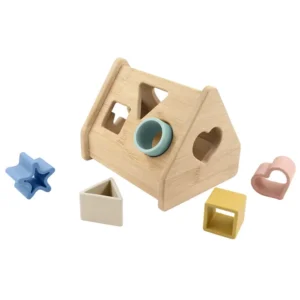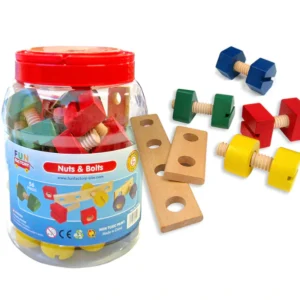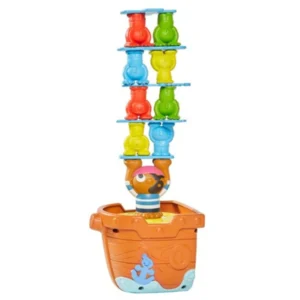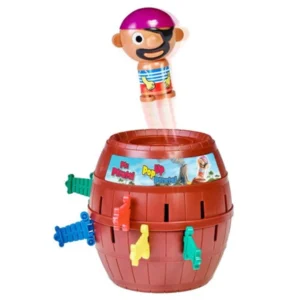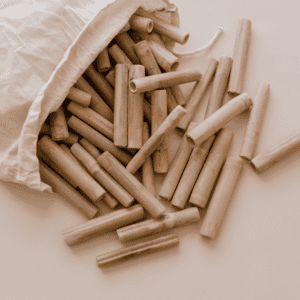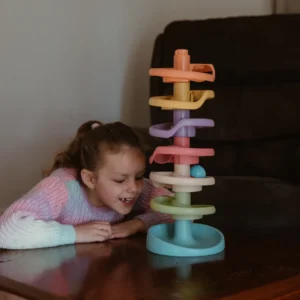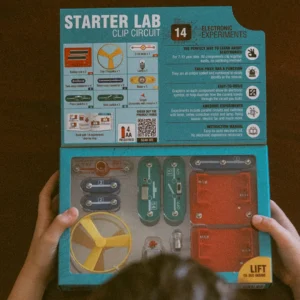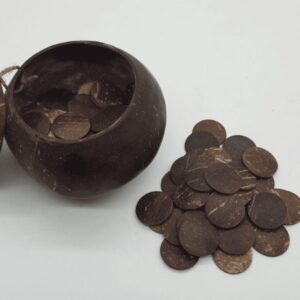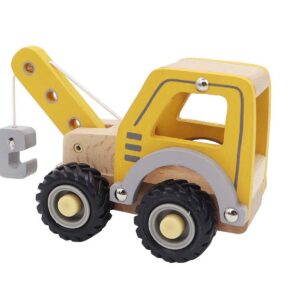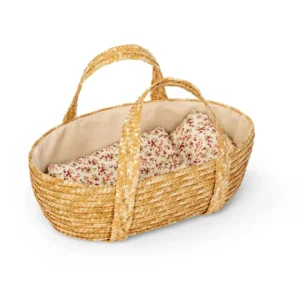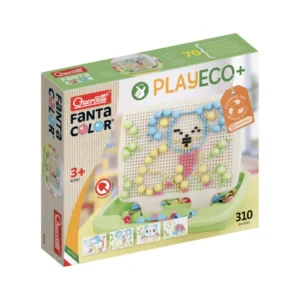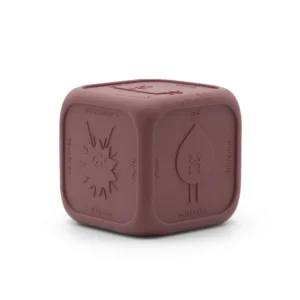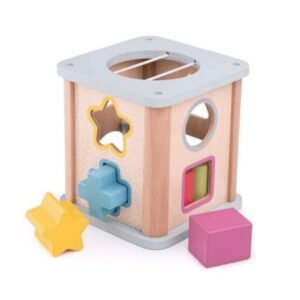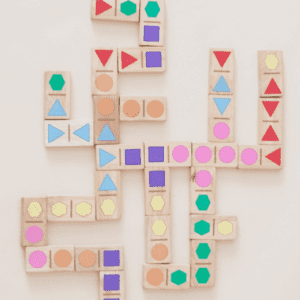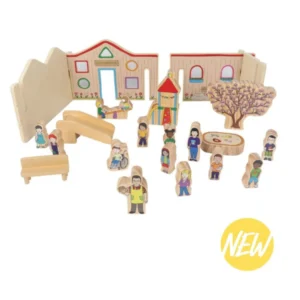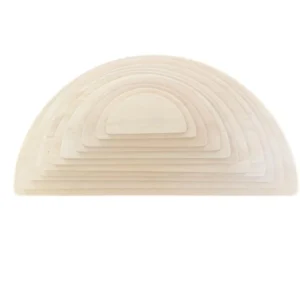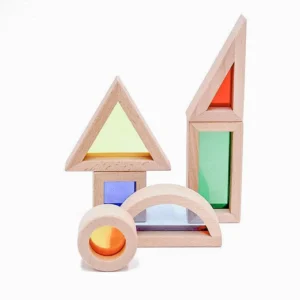Schemas
What Are Play Schemas?
Play schemas are patterns of repeated behaviour that children naturally engage in as they explore the world around them. Common schemas include transporting, enveloping, rotation, connecting, and more. Understanding these behaviours helps parents and educators support a child’s learning and development by providing toys and activities that align with their current interests. At Growing Kind, we offer resources thoughtfully chosen to support every schema and stage of play.
Showing 1–60 of 565 results
-

Enclosing (85)
-

Connecting (139)
-

Enveloping (33)
-

Positioning (90)
-

Rotating (121)
-

Trajection (65)
-

Transformation (75)
-

Transporting (33)
Showing 1–60 of 565 results
What are Play Schemas and why do they matter?
Have you ever wondered why children purposely knock over block castles and towers, hide in small boxes, throw their food, line objects up or collect rocks? These actions are natural developmental urges called schemas that suggest a healthy child.
As educators, we may find ourselves, our peers or our children’s families label a child as ‘difficult’ or ‘naughty’, but the reality is that these play schemas are natural, uncontrollable, and totally necessary urges that ALL children have at some point or another. The repetitive action of a schema allows a child to practise and construct meaning until they have mastered the understanding of the schema.
{Browse our Play Schema blog here}
Want to learn more?
Explore our Play Schema Course and deepen your understanding of how children learn through play.




